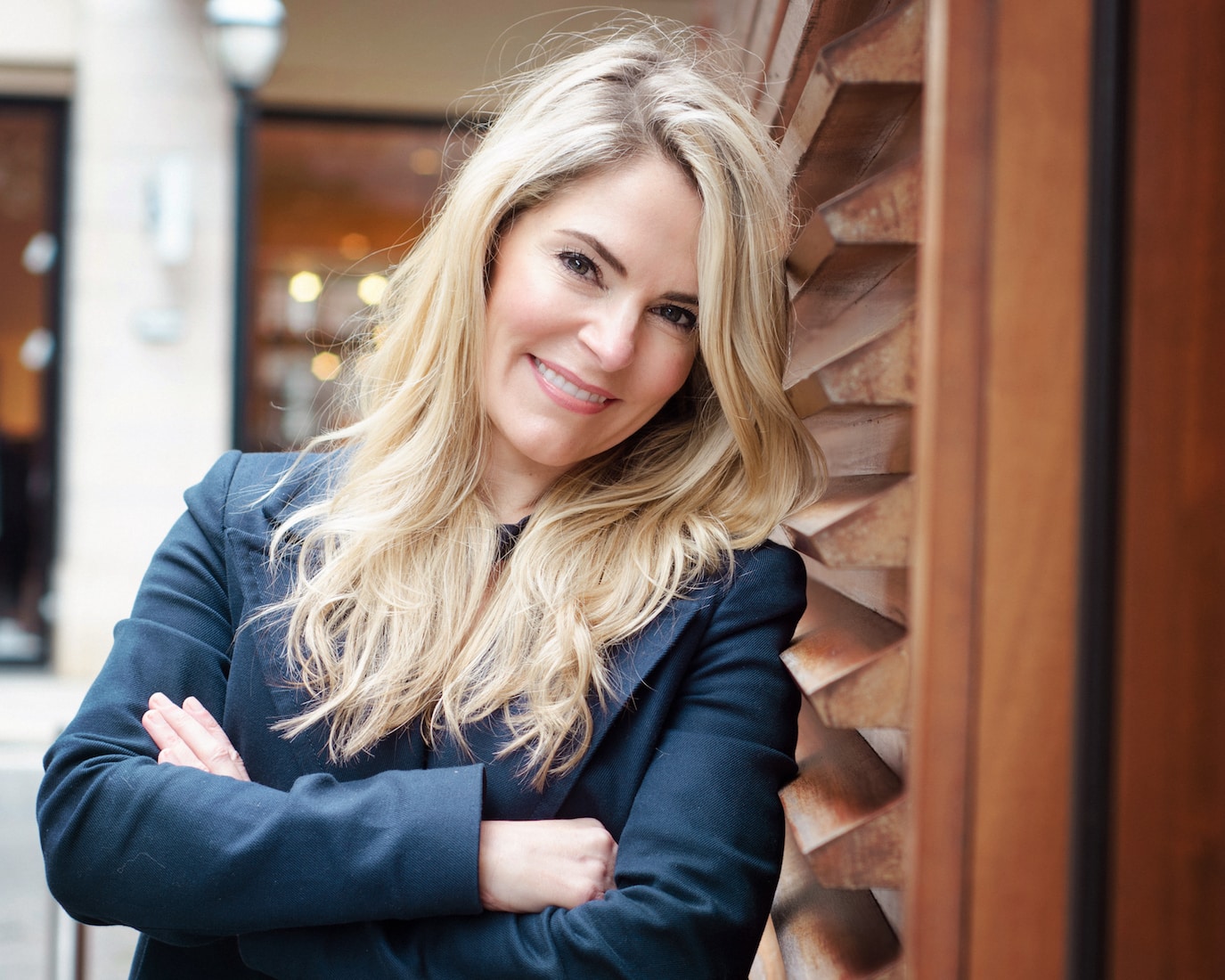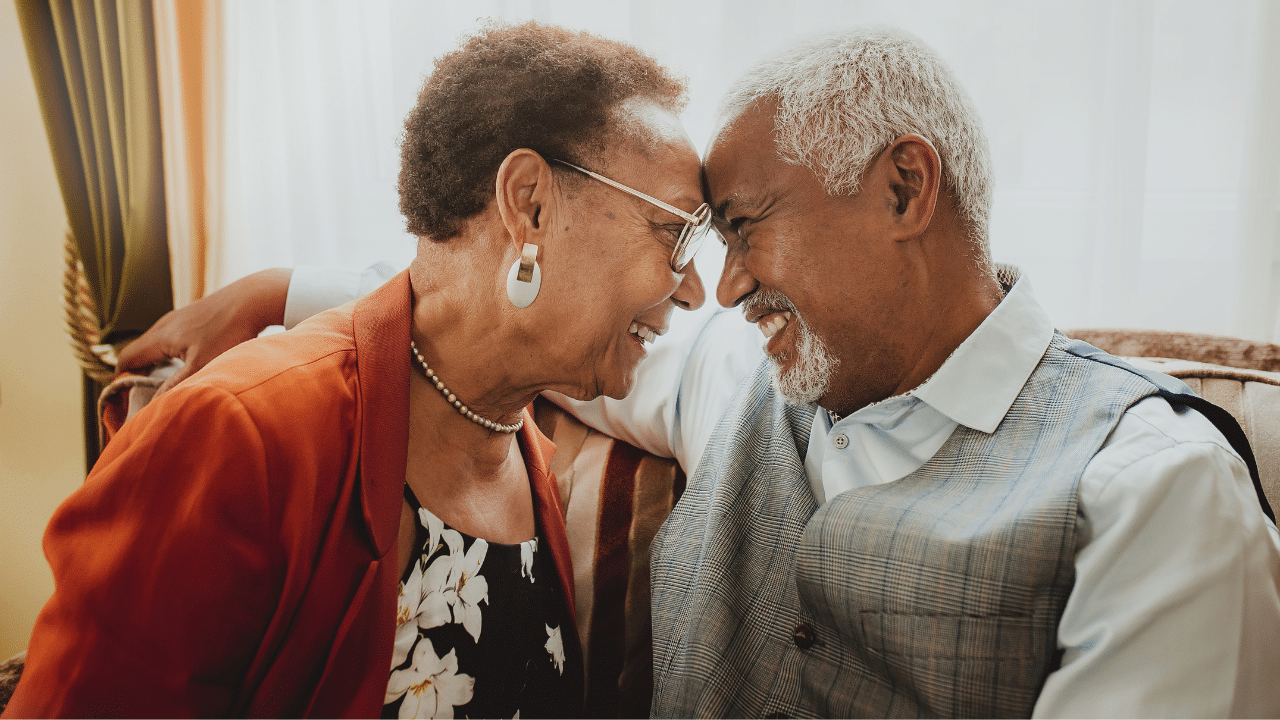Aging and intimacy often bring forth various misconceptions. Dive into the latest episode of our “Psychology of Aging Podcast” where we unmask the reality of love and sexual health for older adults. Inspired by the heartfelt journey of Gerry from the popular “Golden Bachelor” series, this episode offers eye-opening statistics, heartwarming anecdotes, and expert insights to challenge the taboos surrounding seniors and sexuality.
Exploring Senior Dating Shows: The Golden Bachelor Insights
- Fascinating backdrop of Gerry’s story: From a 40-year marriage to tragic loss and newfound hope in love.
- Celebrity spice: Jimmy Kimmel’s aunt’s unexpected appearance.
Decoding Myths about Senior Sexuality and Intimacy
- Listener’s quiz: Examining personal perceptions on older adult relationships and intimacy.
- Myth 1: Diminished Interest in Romance with Age
– Hard-hitting statistics from a revealing 2018 study on senior sexual activity and interest.
- Myth 2: Finding Love has an Age Limit
– Glimpses from the Golden Bachelor’s love pursuits.
– Heartwarming tale of Steve and Marie’s late-life love story.
- Myth 3: Physical Limitations Dampen Senior Relationships
– Insights from a collaboration with the American Parkinson’s Disease Association.
– Vital strategies for couples facing health challenges:
1. Health & Wellness: The core of intimacy.
2. Intimacy Scheduling: Making time for romance.
3. Creating Romance:Sensual spaces and ambiance.
4. Relationship Communication:Conversations that matter.
5. Adaptable Intimacy: From experimentation to adjustment.
-
-
- Introduction to the transformative ParkinSex Kit.
-
Our understanding of sexual health and intimacy shouldn’t be confined by age. As this episode illustrates, love, intimacy, and the desire for connection are ageless pursuits. We encourage our listeners to expand their view of sexual health and aging, and to continually challenge and discard age-related misconceptions.
Resources & Links for Further Exploration
- Sexual Health & Aging: Navigating Sexuality Later in Life [3 CE Credits]
- Dementia and Sexual Health Certification Course [15 CE Credits]
- Steve and Marie’s Love Adventure Episode- Psychology of Aging Podcast
- American Parkinson’s Disease Association’s ParkinSex Kit
- Golden Bachelor on ABC
References:

About Regina Koepp, PsyD, ABPP
Dr. Regina Koepp is a board certified clinical psychologist, clinical geropsychologist, and founder and director of the Center for Mental Health & Aging: the “go to” place online for mental health and aging. She is currently the lead medical psychologist at University of Vermont Medical Center. Dr. Koepp is a sought after speaker on the topics of mental health and aging, caregiving, ageism, resilience, sexual health and aging, intimacy in the context of life altering Illness, and dementia and sexual expression. Learn more about Dr. Regina Koepp here.





